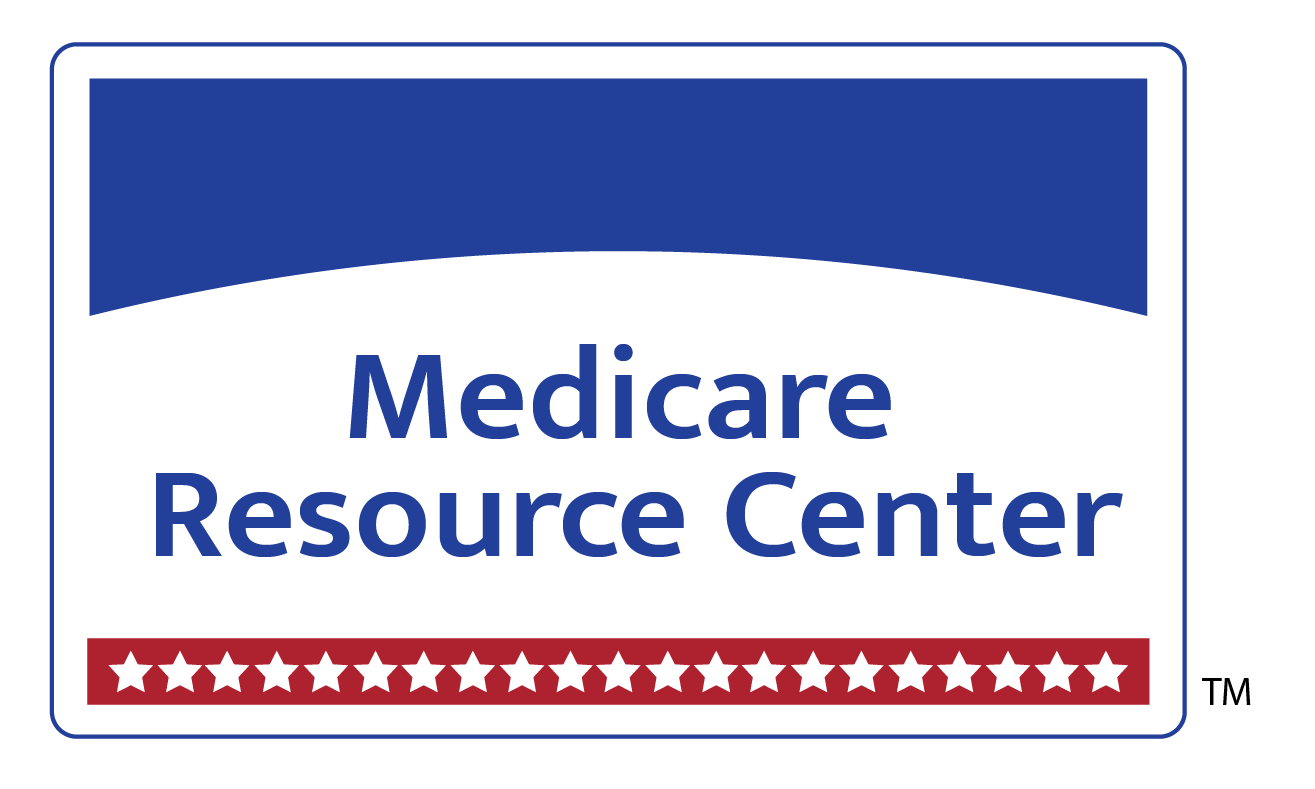Understanding the One Big Beautiful Bill Act: What You Need to Know
- Seth Clayton

- Sep 8, 2025
- 3 min read
Updated: Oct 11, 2025
🚨 Major Cuts to Medicare and Medicaid
The law implements historic funding cuts, slashing more than $1 trillion from Medicaid and other safety-net programs.
Medicare’s hospital trust fund is projected to face insolvency sooner. This could trigger automatic reductions of about $500 billion between 2026 and 2034 unless new legislation intervenes.
These cuts could limit access to essential services, particularly for dual-eligible seniors who depend on both Medicare and Medicaid.
👵 New Restrictions on Immigrant Eligibility
For the first time, the law restricts Medicare access for certain immigrant groups:
Lawfully present but undocumented immigrants who have paid into the program for years will no longer qualify for Medicare benefits.
Green card holders must now wait five years before becoming eligible for Medicare or Medicaid. This delay can significantly impact older immigrants seeking coverage.
⏳ Delays in Medicaid and Extra Help Programs
A planned reform designed to expand access to Medicare Savings Programs (MSPs) and Extra Help with prescription drug costs has been postponed until 2035.
This delay makes it harder for low-income seniors and people with disabilities to get financial relief with premiums, copays, and drug expenses.
🏥 Medicaid Work Requirements
New work and community engagement requirements are now tied to Medicaid eligibility:
Adults aged 19–64 must complete 80 hours per month of work, training, or volunteer activity to maintain Medicaid coverage.
Seniors aged 65 and older are exempt, but dual-eligible individuals under 65 may face barriers to keeping their coverage.
💵 New $6,000 Senior Tax Deduction
One of the few benefits in the bill is the introduction of a “Senior Bonus Deduction.”
Beginning in 2025, Americans aged 65+ can claim a $6,000 federal tax deduction.
Income phaseouts begin at $75,000 for single filers and $150,000 for married couples.
This deduction does not affect Modified Adjusted Gross Income (MAGI), meaning it will not influence IRMAA surcharges for Medicare Part B and Part D.
🔍 What This Means for Your Medicare Coverage
For Medicare Advantage (MA) Members:
Supplemental benefits like dental, vision, and transportation may shrink as funding declines.
Plans could tighten prior authorization rules and limit access to certain services.
For Original Medicare + Medigap Enrollees:
Core Medicare benefits remain untouched. However, reduced Medicaid funding may affect help with premiums, deductibles, and prescription costs.
Delayed MSP and Extra Help expansions could leave low-income seniors paying more out-of-pocket.
✅ What Seniors Should Do Now
Review your coverage annually—especially if you rely on Medicaid or Extra Help.
Claim your new $6,000 deduction automatically if you’re 65+.
Stay informed about eligibility rules if you’re an immigrant or dual-eligible.
Seek expert help when applying for programs like MSP or Extra Help—applications may still require manual submission.
Turning 65 soon? Carefully compare Medicare Advantage and Original Medicare + Medigap options before enrolling.
🧾 Bottom Line
The One Big Beautiful Bill Act delivers a mixed outcome:
Positive: A new tax deduction for seniors that could ease financial burdens.
Negative: Massive cuts to Medicare and Medicaid funding, stricter immigrant eligibility rules, and delays to low-income support programs.
Seniors, especially those with limited income or dual eligibility, may face new challenges in maintaining affordable health coverage. Reviewing your options regularly and working with a licensed Medicare advisor will be more important than ever.
👉 Need help reviewing your Medicare plan or navigating these changes? Contact one of our Medicare Pros today.


Comments